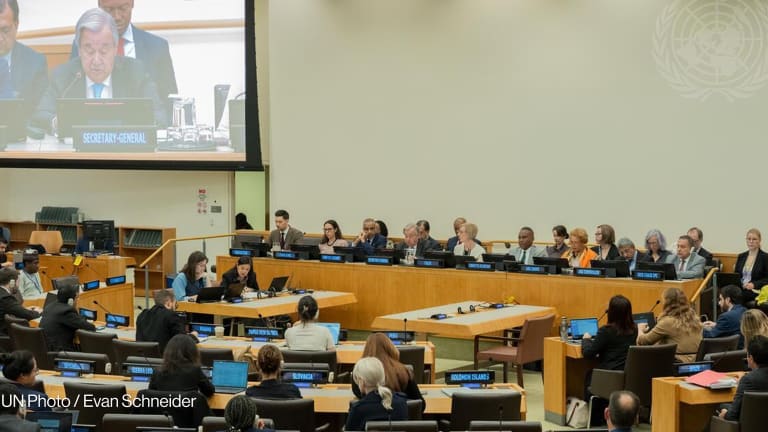Last month, Amy Pope, director general of the United Nations’ migration agency, flew to Guatemala to highlight a program that by all accounts aligns with a key priority of the Trump administration: keeping migrants from leaving their homes and heading to the United States. Guatemala’s national “Return Home Plan,” which had been funded by the U.S. and other countries, is designed to encourage Guatemalan migrants to return to their homeland.
“More people are returning to Guatemala than leaving,” Pope said on a video posted on social media. “Our job is to make sure that coming home is the start of something better,” she said.
The Guatemala visit is one of the latest actions by the International Organization for Migration, or IOM, to assure its survival at a time when its biggest donor, the U.S., is slashing hundreds of millions in funding while demanding that the checks it does write explicitly advance conservative initiatives that align with the Trump’s “America First” foreign policy.








